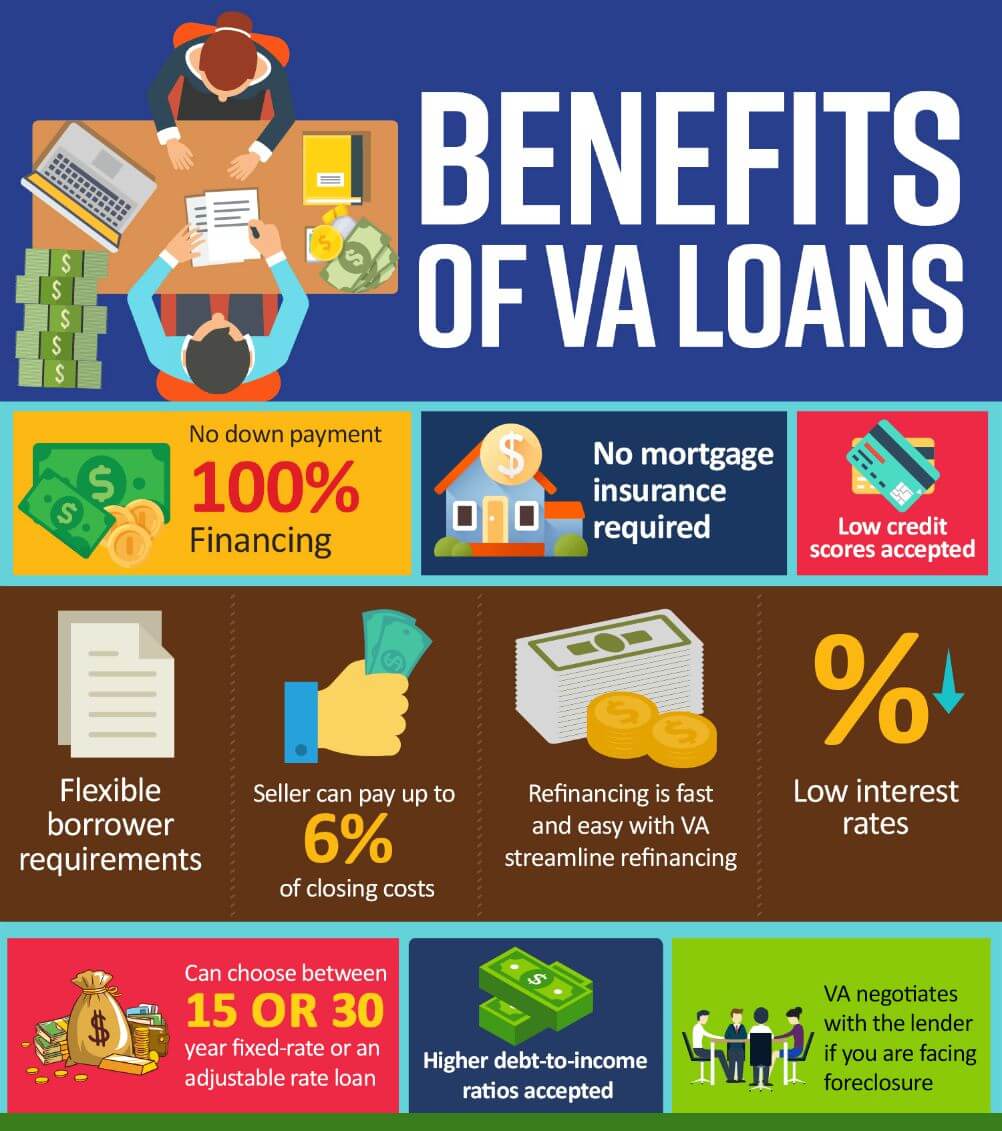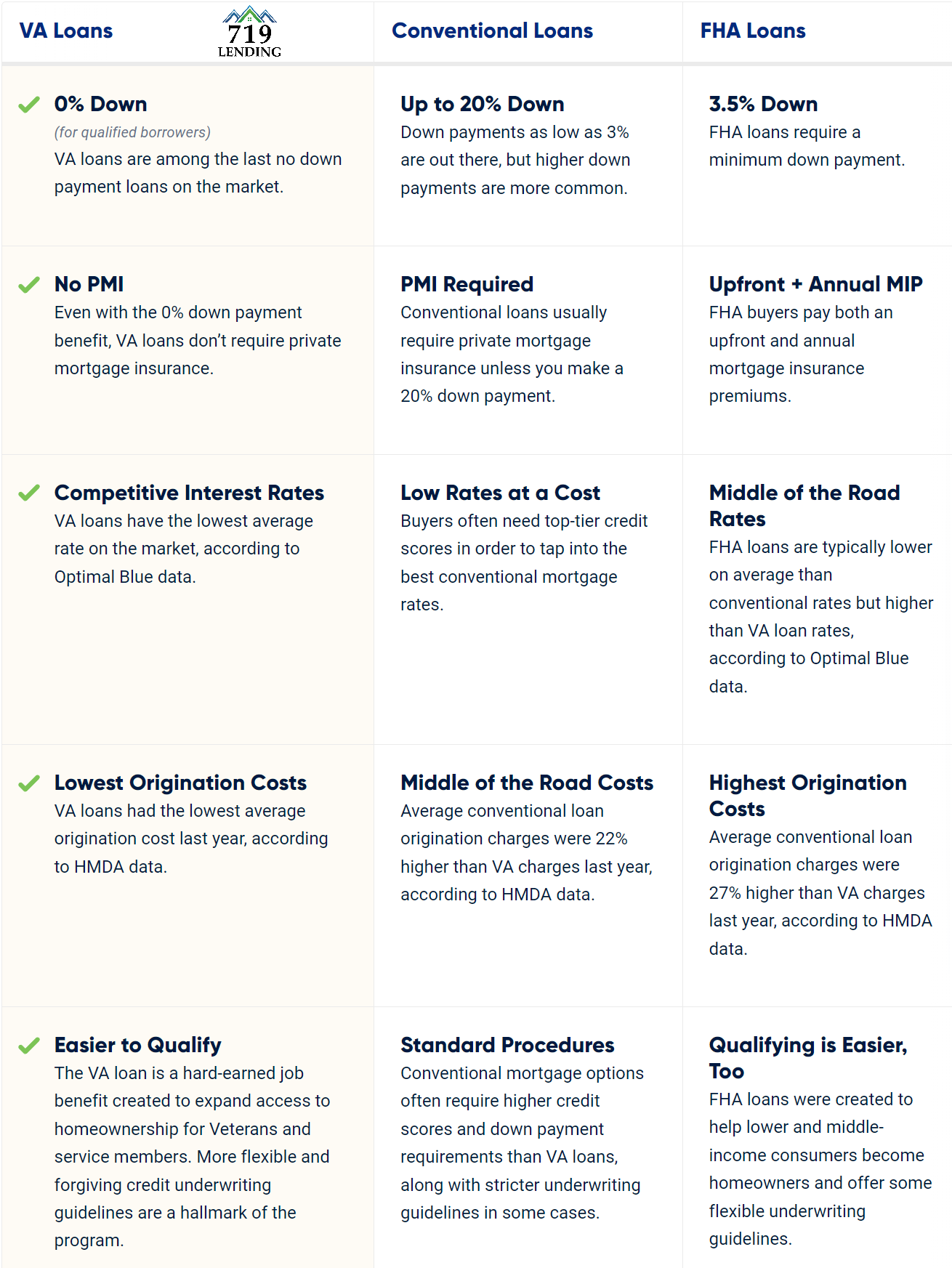Optimize Your Advantages with VA Home Loans: Lower Rate Of Interest Rates and Flexible Terms
Optimize Your Advantages with VA Home Loans: Lower Rate Of Interest Rates and Flexible Terms
Blog Article
Making Best Use Of the Advantages of Home Loans: A Step-by-Step Technique to Protecting Your Suitable Residential Or Commercial Property
Navigating the facility landscape of home loans calls for a systematic method to ensure that you protect the property that straightens with your economic goals. To absolutely make best use of the benefits of home loans, one must consider what actions follow this foundational job.
Understanding Mortgage Fundamentals
Comprehending the principles of mortgage is crucial for anyone taking into consideration purchasing a property. A mortgage, typically described as a home mortgage, is a monetary product that allows individuals to obtain money to acquire realty. The borrower accepts repay the funding over a specified term, normally varying from 15 to 30 years, with passion.
Key parts of home finances include the principal amount, rate of interest, and settlement routines. The principal is the amount borrowed, while the passion is the expense of loaning that amount, revealed as a percentage. Rate of interest prices can be taken care of, continuing to be continuous throughout the finance term, or variable, changing based upon market conditions.
In addition, borrowers must be mindful of different kinds of home mortgage, such as conventional fundings, FHA loans, and VA lendings, each with distinctive eligibility requirements and advantages. Understanding terms such as deposit, loan-to-value proportion, and personal home mortgage insurance (PMI) is also vital for making educated decisions. By realizing these basics, prospective house owners can browse the intricacies of the home mortgage market and identify choices that line up with their monetary objectives and residential or commercial property ambitions.
Assessing Your Financial Scenario
Reviewing your financial circumstance is a crucial step before beginning on the home-buying trip. This evaluation involves a comprehensive evaluation of your earnings, expenditures, cost savings, and existing debts. Begin by computing your overall month-to-month revenue, consisting of salaries, perks, and any kind of extra sources of earnings. Next, list all monthly expenses, making sure to account for fixed costs like rent, energies, and variable expenses such as groceries and amusement.
After establishing your income and expenses, identify your debt-to-income (DTI) ratio, which is necessary for lending institutions. This ratio is calculated by dividing your total month-to-month financial obligation repayments by your gross month-to-month earnings. A DTI ratio listed below 36% is normally thought about beneficial, suggesting that you are not over-leveraged.
Additionally, assess your credit history, as it plays an essential function in securing positive lending terms. A greater credit rating can lead to lower interest rates, ultimately saving you cash over the life of the car loan.

Checking Out Financing Choices
With a clear photo of your financial scenario developed, the following step includes discovering the different car loan options readily available to prospective house owners. Understanding the different kinds of home lendings is vital in selecting the best one for your demands.
Traditional car loans are conventional funding approaches that generally require a greater credit report rating and deposit but offer competitive passion prices. Alternatively, government-backed fundings, such as FHA, VA, and USDA financings, deal with specific teams and frequently require reduced down settlements and credit rating, making them easily accessible for novice purchasers or those with minimal funds.
An additional choice is variable-rate mortgages (ARMs), which include lower initial rates that change after a specific period, possibly bring about considerable savings. Fixed-rate mortgages, on the various other hand, provide stability with a regular rates of interest throughout the funding term, protecting you versus market changes.
Furthermore, think about the financing term, which often ranges from 15 to thirty years. Shorter terms may have higher regular monthly repayments yet can conserve you rate of interest in time. By thoroughly assessing these options, you can make an enlightened choice that aligns with your financial objectives and homeownership aspirations.
Planning For the Application
Successfully preparing for the application process is important for securing a home lending. A solid credit scores score is crucial, as go it influences the car loan quantity and rate of interest rates readily available to you.
Following, gather necessary documents. Typical demands include recent pay stubs, income tax return, bank declarations, and evidence of assets. Organizing these files beforehand can substantially quicken the application procedure. In addition, take into consideration acquiring a pre-approval from loan providers. When making a deal on a property., this not only gives a clear understanding of your borrowing ability but additionally reinforces your setting.
Furthermore, establish your budget plan by considering not just the funding amount yet likewise residential or commercial property tax obligations, insurance policy, and maintenance prices. Familiarize on your own with numerous finance types and their corresponding terms, as this knowledge will empower you to make educated decisions throughout the application process. By taking these positive steps, you will improve your preparedness and raise your possibilities of protecting the mortgage that ideal fits your needs.
Closing the Offer

Throughout the closing meeting, you will certainly review and sign different files, such as the funding price quote, closing disclosure, and home loan agreement. It is vital to completely recognize these files, as they describe the car loan terms, payment routine, and closing expenses. Take the time to ask your lender or realty representative any kind of questions you might need to prevent misconceptions.
As soon as all files are signed and funds are moved, you will certainly receive the keys to your new home. Keep in mind, closing prices can vary, so be gotten ready for costs that may include appraisal charges, title insurance coverage, and lawyer charges - VA Home Loans. By remaining arranged and educated throughout this process, you can make certain a smooth change into homeownership, making the most of the benefits of your home mortgage
Verdict
In final thought, taking full advantage of the advantages of home mortgage necessitates an organized technique, their website including an extensive evaluation of financial circumstances, exploration of varied financing alternatives, and careful preparation for the application procedure. By sticking to these steps, potential property owners can boost their chances of safeguarding favorable funding and achieving their home possession objectives. Eventually, mindful navigation of the closing process additionally solidifies an effective transition into homeownership, ensuring lasting monetary stability and complete satisfaction.
Navigating the facility landscape of home finances requires a methodical approach to make certain that you protect the home that lines up with your financial objectives.Comprehending the basics of home lendings is essential for anybody considering purchasing a residential or commercial property - VA Home Loans. A home lending, commonly referred to as a mortgage, is an economic item that allows people to obtain cash to get real estate.Additionally, customers must be mindful of various kinds of home financings, such as conventional lendings, FHA car loans, and VA car loans, each with unique eligibility requirements and advantages.In conclusion, making best use of the advantages of home loans demands an organized method, including a detailed evaluation of financial circumstances, expedition of diverse loan choices, and precise prep work for the application process
Report this page